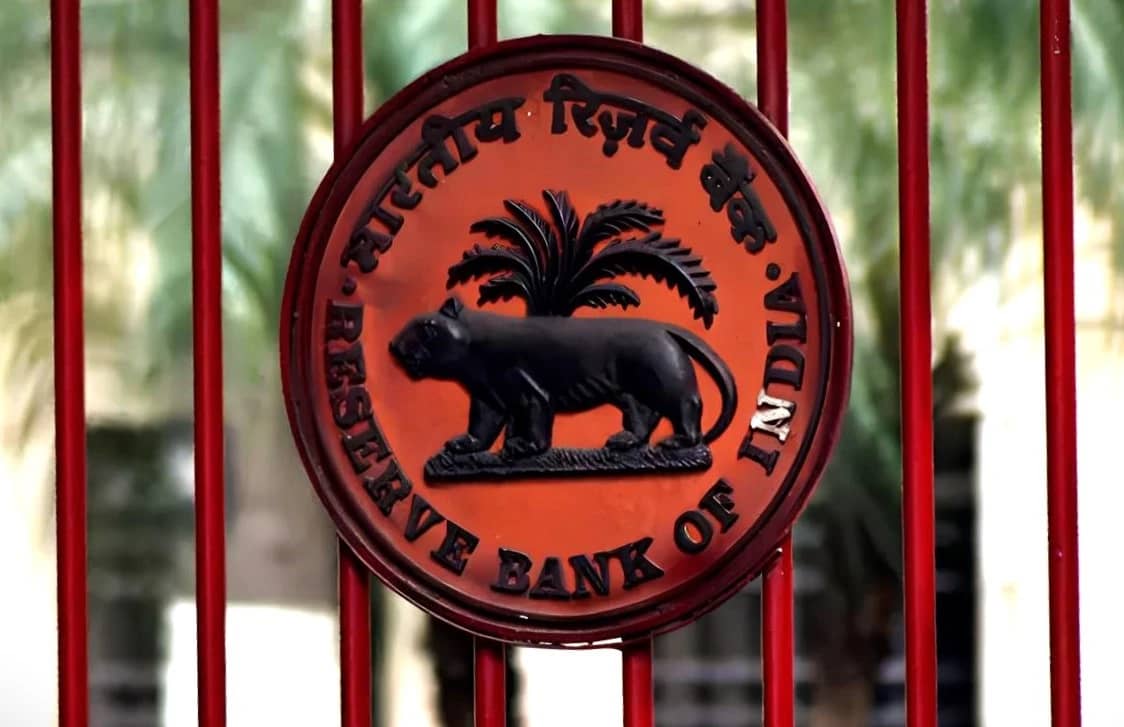India’s central bank, the Reserve Bank of India (RBI), has eased its recently tightened rules regarding lenders’ investments in AIFs (Alternative Investment Funds), aiming to address concerns over uniform implementation and potential impact on the AIF industry’s growth.
Previously, the RBI mandated lenders to set aside higher provisions for investments in AIFs that have invested in the lender’s borrowers. However, following stakeholders’ concerns and considerations over unintended consequences, the RBI has revised its regulations.
Under the revised rules announced on Wednesday, banks are now required to set aside funds only for the portion of their investment in an AIF that is further invested in the debtor company, rather than a 100% provision as previously mandated.
Also Read : RBI Initiates Audit on IIFL Finance and JM Financial Products
The RBI’s move comes after concerns were raised over instances where AIFs, including private credit funds, were utilized to conceal bad loans in the financial system. The clarification issued by the RBI ensures that investments in equity shares of a lender’s debtor company will not be considered, while all other investments, including hybrid instruments, will be subject to the revised rules.
Additionally, the RBI stated that investments in AIFs made through intermediaries, such as fund of funds or mutual funds, would not be covered by the revised regulations.
The relaxation of rules aims to strike a balance between mitigating risks associated with investments in AIFs and fostering a conducive environment for the growth of the AIF industry in India.






